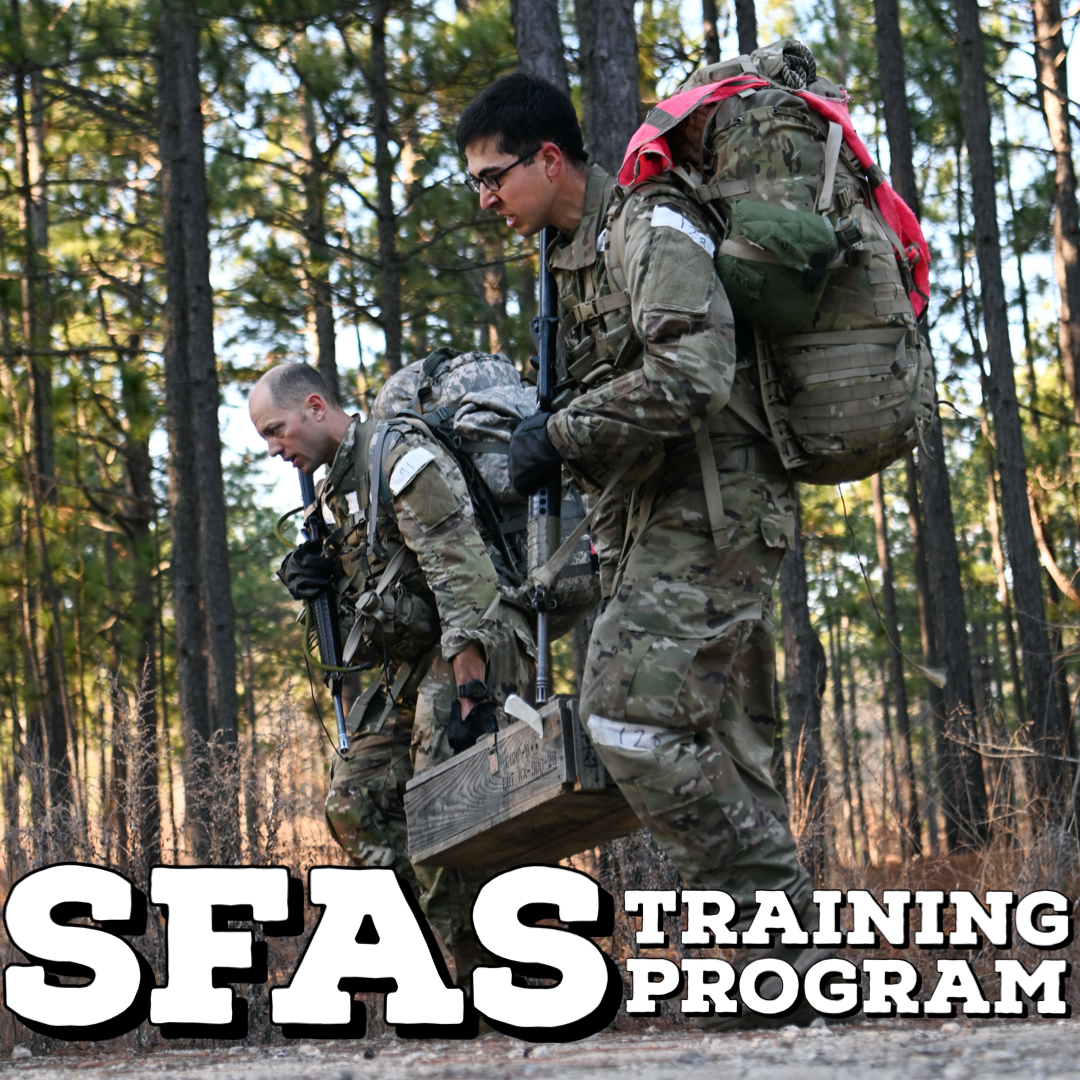Introduction to Elite Training Programs for Special Forces
Elite training programs for special forces are designed to push aspiring members to their limits,
both physically and mentally. These programs are highly specialized and intense, focusing on
honing essential skills such as marksmanship, combat tactics, physical fitness, and mental
resilience. Participants undergo rigorous training that simulates real-life mission scenarios to
prepare them for the high-pressure situations they may encounter in the field. The goal of these
elite training programs is to produce highly trained and capable individuals who can excel in the
demanding environments of special forces operations.
When it comes to physical fitness, these programs emphasize various components including
cardiovascular endurance, strength, flexibility, agility, and speed.
Each of these fitness
components plays a crucial role in ensuring that special forces members are in peak physical
condition to perform their duties effectively. By training in all these areas, individuals can
enhance their overall fitness level and improve their performance during missions.

Cardiovascular Endurance Building
To improve your cardiovascular system through running, rucking, and various other cardio
exercises, it is essential to participate in elite training programs. These programs are strategically
crafted to push your boundaries and boost your physical fitness, endurance, and grit. Engaging in intense workouts and targeted training can elevate your physical performance and mental
fortitude. The goal of such programs is to enhance your body’s capacity to withstand the
strenuous tests encountered by special forces operatives.
Muscular Endurance
To develop muscular endurance, it is important to use the correct sets and reps count in your
training program. Muscular endurance is the ability of a muscle or group of muscles to perform
continuous contractions over an extended period of time. To improve muscular endurance, you
should aim for higher rep ranges of 12 or more repetitions per set with lighter weights. This will
help to build endurance in the muscles and improve their ability to sustain activity over time.
Some exercises that can help develop muscular endurance include:
Bodyweight squats
Push-ups
Walking lunges
Plank
Wall sits
Bicep curls with light weights
Triceps dips
Shoulder presses with light weights
Incorporating these exercises into your training routine with higher rep counts and lighter
weights will help to improve muscular endurance and overall fitness levels. Remember to
gradually increase the intensity of your workouts to continue challenging your muscles and
seeing progress in your endurance levels.
Rucking – Mental Toughness Training
Mental toughness training is a vital aspect of elite training programs for aspiring special forces
members. It focuses on strengthening the mind to overcome challenges and adversity in highpressure situations. In these programs, participants undergo rigorous mental exercises and
simulations to enhance their resilience, focus, and decision-making skills. Key benefits of
mental toughness training include improved confidence, stress management, and the ability to
perform effectively under extreme conditions. Rucking develops mental toughness by putting
you in a situation where you are all by yourself outside, without anyone around to push or
motivate you.
Running techniques
In elite training programs for aspiring Special Forces members, having the right running
technique is crucial for improving performance and reducing the risk of injuries. Running
efficiently not only helps in building endurance but also allows individuals to maintain a
consistent pace throughout their training. To improve your running times, focus on proper
posture, foot strike, and cadence. Engage your core muscles, keep your body aligned, and land
mid-foot to propel yourself forward effectively. Gradually increase your training intensity and
incorporate interval training to boost speed and stamina. By honing your running technique, you
can enhance your overall performance and achieve better results in your training sessions.
# Why Mobility Training is Key to Longevity and Preventing Injuries
Mobility training is a vital component of any physical fitness routine, particularly for individuals
aiming for long-term health and injury prevention. By focusing on increasing flexibility, range of
motion, and overall joint health, mobility training helps to enhance functional movement patterns and reduce the risk of injury. Incorporating regular mobility exercises into your workouts can improve your body’s ability to move efficiently and maintain proper alignment, leading to greater overall performance and resilience. Prioritizing mobility training in your fitness regimen can not only extend your physical capabilities but also contribute to a healthier, more sustainable lifestyle in the long run.



